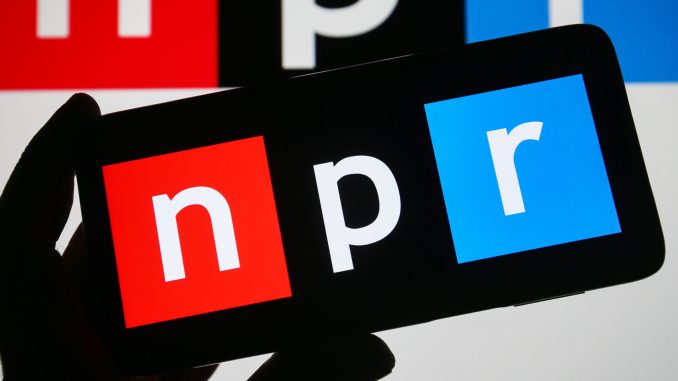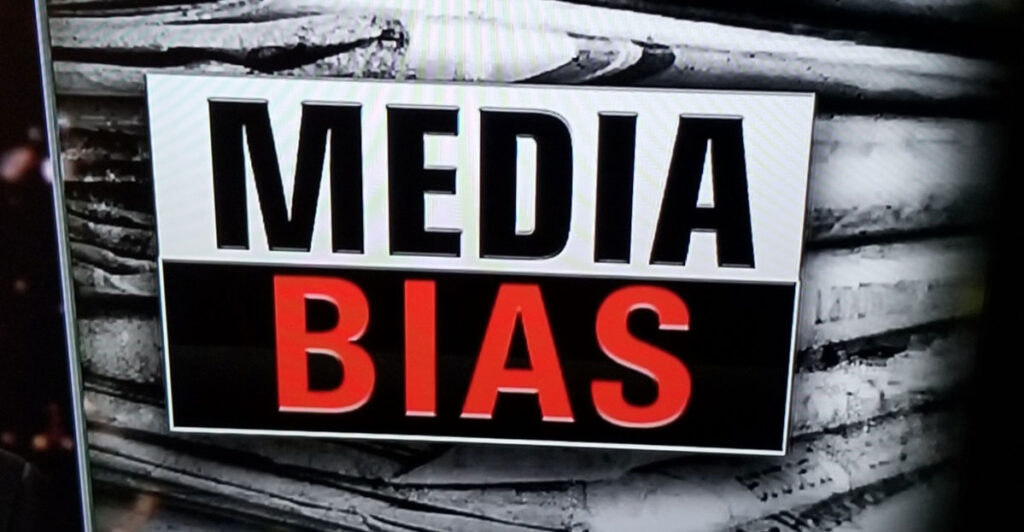
National Public Radio is the left-wing propaganda factory you always thought it was.
That reality was exposed in an enlightening piece published by The Free Press on Tuesday. It was written by Uri Berliner, who has worked for NPR for 25 years.
What he described is a publicly funded news network that went from having a liberal bias to one that would make Pravda seem like it was evenhanded. NPR now plays the same tired notes again and again for an extremely narrow audience with little inclination to inject even a drop of ideological balance.
National Public Radio is not national, nor does it serve the public. It’s a pipe organ of left-wing views soaking up federal money serving the interests of one political party—Democrats, of course.
Berliner—who wrote that he’s the “stereotype of the NPR listener: an EV-driving, Wordle-playing, tote bag-carrying coastal elite”—laid out what it’s now like on the inside at NPR.
He explained how the network eagerly peddled stories dear to Democratic Party leaders, like the Russia collusion hoax about former President Donald Trump that simply disappeared from its coverage when the story collapsed.
Berliner highlighted how the network is obsessed with identity issues, often to the exclusion of anything else.
“Race and identity became paramount in nearly every aspect of the workplace,” Berliner wrote. “Journalists were required to ask everyone we interviewed their race, gender, and ethnicity (among other questions), and had to enter it in a centralized tracking system.”
Berliner wrote that employees were given “unconscious-bias training sessions” and that a growing DEI staff hectors other employees to “start talking about race.” He noted that NPR now has a “burgeoning number of employee resource (or affinity) groups based on identity.”
Berliner listed some of these affinity groups and programs, including the “MGIPOC (Marginalized Genders and Intersex People of Color mentorship program),” the “Women, Gender-Expansive, and Transgender People in Technology Throughout Public Media,” and many others, in some cases equally absurdly niche identity groups.
These identity blocs, Berliner explained, are a priority for NPR’s union, which ensures that “advocacy groups are given a seat at the table in determining the terms and vocabulary of our news coverage.”
The result is a constant stream of predictably ludicrous and virtually identical programming.
“There’s an unspoken consensus about the stories we should pursue and how they should be framed,” Berliner wrote. “It’s frictionless—one story after another about instances of supposed racism, transphobia, signs of the climate apocalypse, Israel doing something bad, and the dire threat of Republican policies. It’s almost like an assembly line.”
Berliner said he did a little digging into the party affiliation of the people who run NPR and found that the outlet had “87 registered Democrats working in editorial positions and zero Republicans. None.”
When Berliner brought this information to an all-staff meeting, he wasn’t met with hostility, but “indifference,” he wrote. Nobody seemed to find this fact unusual or a problem.

Since 2011, NPR’s mostly left-leaning audience—which then still included a fair number of conservatives and moderates—is now almost entirely left-wing. He said that the network’s programming has veered further and further left, alienating nearly all but the most ideologically committed.
“That wouldn’t be a problem for an openly polemical news outlet serving a niche audience,” Berliner wrote. “But for NPR, which purports to ‘consider all things,’ it’s devastating both for its journalism and its business model.”
I agree with Berliner that there was a time when NPR at least tried to be more balanced and had programming that wasn’t either Democratic Party talking points or laughable race and gender nonsense. But shows like “Car Talk” are a thing of the past.
NPR these days, as Berliner outlined, peddles little more than regime propaganda mixed with an overwhelming cocktail of narcissistic LGBTQ propaganda and racial identitarianism. The programming is now entirely coded for a small subset of upper-middle-class left-wingers who almost certainly (and disproportionally) have those “In this house, we believe …” lawn signs in their yard.
It’s a parody, inside and out.
Of course, NPR’s direction was entirely predictable given the trends of recent years.
It’s gone down the same path as the vast majority of government agencies, nongovernmental organizations, and corporations. Any institution connected to America’s informally established secular church of higher education—especially when it gets government money—becomes almost entirely woke-ified.
What the Left stands for these days is cultural revolution, shaming America for its racial sins, liberating bathrooms from the gender binary, and obsessing over every new and novel marginalized group on the ever-expanding web of intersectionality. So that’s exactly the nonstop drumbeat listeners get from NPR.
For a network called “National Public Radio,” NPR certainly doesn’t seem to be serving the nation or providing a general service to the public. If it were an entirely private network like the equally left-wing MSNBC, that wouldn’t be a problem. The issue is that federal dollars continue to flow to NPR despite it being completely one-sided.
And that’s where I disagree with Berliner. He wrote that “defunding isn’t the answer,” and suggested that “there’s still a need for a public institution where stories are told and viewpoints exchanged in good faith.”
Waiting for institutions like NPR to reform themselves from within is a fool’s errand. Unless they have direct and continuous financial and political pressure, they will keep on doing what they’ve been programmed to do; namely, promote and further their ideological agenda.
The moment to defund NPR is past due.

